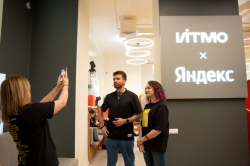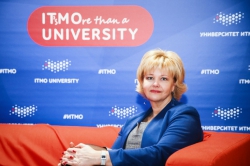In today's context of digital transformation and the transition to the digital economy, there is a trend towards the greater value of digital skills. All specialists – from librarians to pastry cooks – face challenges that can potentially be solved via data analysis. And for those looking for a new job, acquiring digital skills becomes doubly important – after all, without them, finding a new place would be even harder.
“Almost every move we make – our conversations, messages, and browser clicks – generates digital data. Sensors are embedded in many devices around us: cars, phones, security cameras, and even household appliances. And the processing of this multifaceted data makes it possible to solve multiple challenges such as setting ads, detecting abnormal behaviors, predicting device breakdowns, сhoosing individual treatment, and correct placement of goods on store shelves,” says Elena Mikhailova, head of ITMO’s Higher School of Digital Culture. “Many production processes are going digital, for example, workflow, educational technologies, communication, trade, and advertising. Technological processes are now being replaced by computer modeling.”
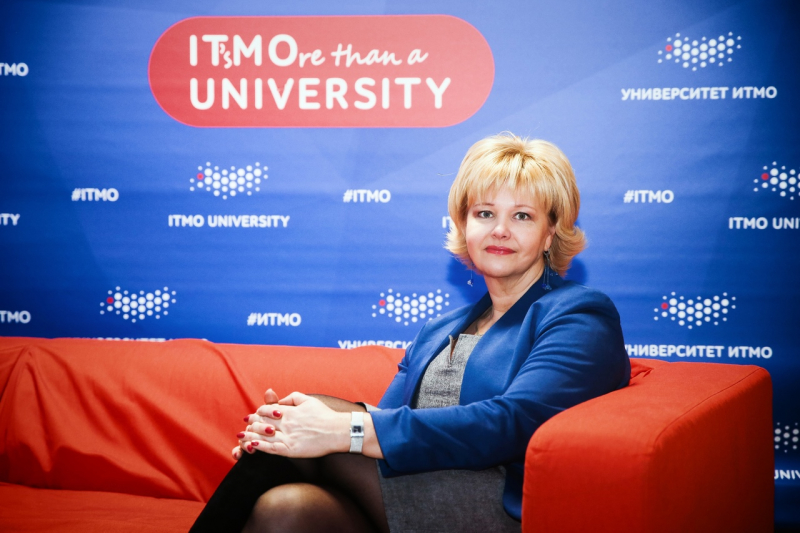
However, it's not easy to obtain digital skills, especially for older people. This requires not only motivation and time but also money. Moreover, some regions show a shortage of educational institutions that are sufficiently experienced in the digital field and are able to teach others. That’s why the University 20.35 and Agency for Strategic Initiatives have launched a joint project of personal digital certificates. This program allows people in 48 regions of Russia to acquire new competencies for free. And this year, ITMO University also joined the program.
More than just digital literacy
The program is designed for people with specialized secondary or higher education: teachers and professors, PR specialists, retired military personnel, etc. This year, there were around 112,000 applications from 48 regions of Russia, and 112 educational organizations from different subjects offered their educational programs. The listeners could choose from a wide selection of online programs.
For the first time, ITMO University also participated in the project and received 460 applications for its classes. 352 people have successfully completed ITMO’s online programs. The university offered three educational programs based on the courses for its students.
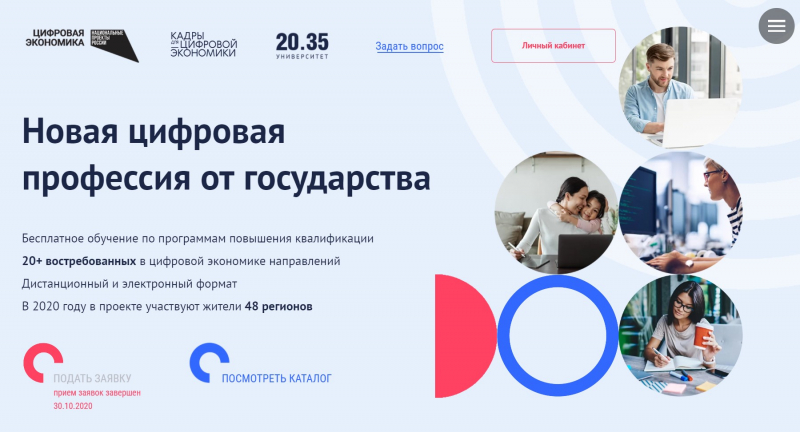
“Within three years, ITMO’s Higher School of Digital Culture has developed over 200 courses – both fundamental and applied – for its students. ITMO professors together with IT experts participated in their launch. By combining the blocks and tasks of our course we can create a wide range of programs for different audiences. We used this approach in the personal digital certificate program, too,” says Elena Mikhailova.
Big data
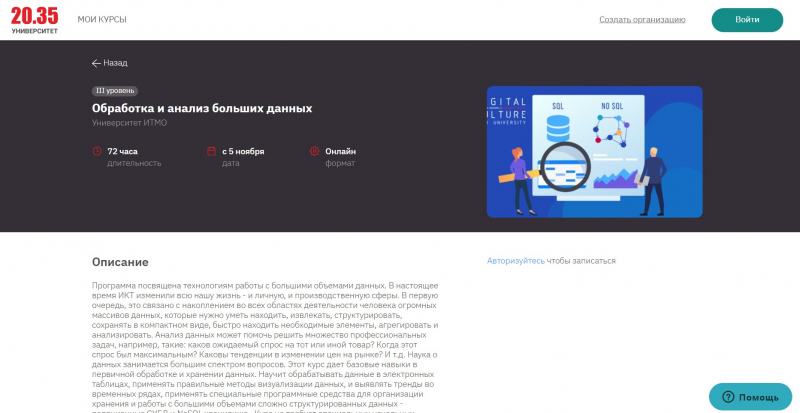
ITMO University’s most popular program is Big Data Processing and Analysis that provides skills in primary data processing and visualization, as well as the storage of big data.
The course is practice-oriented: listeners were offered a wide range of tasks with specific sets of data that would help them form skills applied to everyday life. In addition to online courses, the team of ITMO’s Higher School of Digital Culture also conducted online classes with participants.
Artificial intelligence
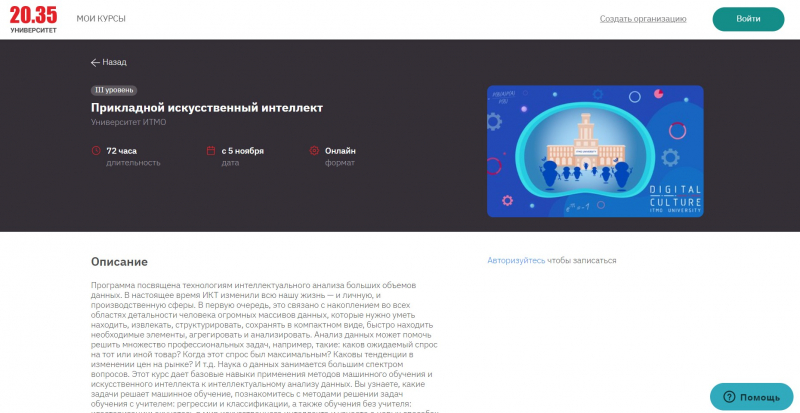
The Applied Artificial Intelligence course let listeners learn more about machine learning, as well as discuss cases of using AI to solve various applied problems.
The participants used free software with a graphical interface to tackle the course’s challenges and learn to work with text, sounds, and photographs, as well as discover new ways of knowledge representation.
This course may be useful for journalists, economists, PR, and many other specialists, whose work requires the analysis of text/graphic data, and the construction of predictive models.
Cybersecurity
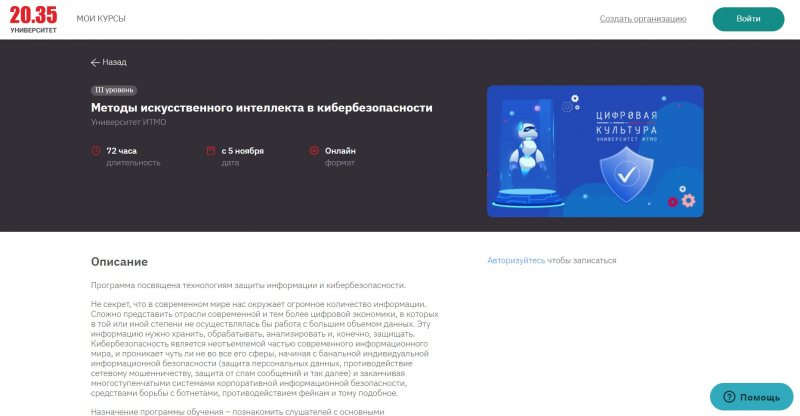
The third course, prepared by ITMO specialists for the personal digital certificate program, was named AI Methods in Cybersecurity. The program introduces students to machine learning methods and shows how they can be applied in solving numerous information security issues – from spam analysis to Internet fraud prevention.
The course covers the topics of personal information security and encryption methods used in data transmission.
Results
All educational programs are tailored to a wide audience, in particular, the organizers have increased the number of practical classes to let students develop their skills in data processing with the use of computer technologies.
The courses brought together the representatives of various professions – economists, teachers/professors, managers, and sales workers.
“The courses were booked within just a few days due to the reputation of ITMO University as the world’s leading IT university and its victories in programming competitions, as well as numerous research projects,” says Elena Mikhailova. “Most of the students spoke very favorably about the training and noted that they would like to join next year, too.”
ITMO University plans to continue its work within the digital certificates program, and by the end of 2021, the program may include courses from other St. Petersburg’s universities.




